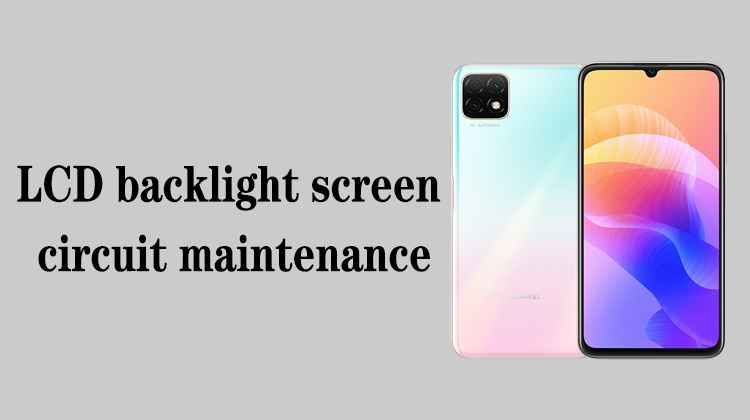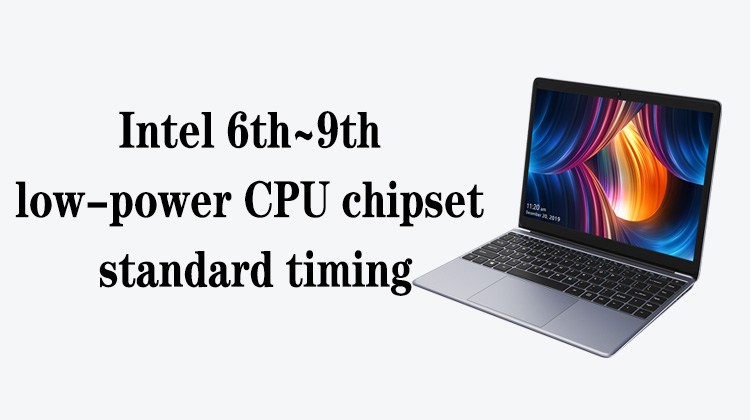1
00:00:00,166 --> 00:00:05,800
In this lesson, we will talk about the circuit principle and the maintenance of the OLED screen circuit
2
00:00:06,166 --> 00:00:10,000
Let's take a look at the working conditions of the OLED display
3
00:00:10,500 --> 00:00:12,533
The first is its power supply,
4
00:00:12,866 --> 00:00:16,233
the power supply of the OLED screen has 1.8 volts
5
00:00:16,766 --> 00:00:19,033
What we see here is 1.8 volts
6
00:00:24,200 --> 00:00:27,566
We have two common types, one starts with VREG,
7
00:00:27,633 --> 00:00:34,233
such as this VREG_L14A_1P8, which is a 1.8 volt power supply
8
00:00:34,533 --> 00:00:38,366
In some drawings, it starts with VOUT,
9
00:00:38,533 --> 00:00:40,633
and most of Huawei use this
10
00:00:41,866 --> 00:00:45,533
Most of Xiaomi and other mobile phones start with VREG
11
00:00:45,866 --> 00:00:50,533
This is its 1.8 power supply, or 1.85 volts,
12
00:00:50,900 --> 00:00:52,500
which is not much different
13
00:00:52,966 --> 00:00:54,533
This is a power supply
14
00:00:54,800 --> 00:00:56,666
Let's look at other power supplies
15
00:00:57,333 --> 00:00:59,733
There is also a 3 volts power supply
16
00:01:00,300 --> 00:01:06,200
The description of this 3 volts power supply on the circuit diagram usually starts with LCD,
17
00:01:06,300 --> 00:01:12,766
such as this, LCD_AVDD_3V1, which is 3.1 volts
18
00:01:14,500 --> 00:01:21,166
On some drawings, its description is VCI_3P0, which is 3 volts
19
00:01:25,833 --> 00:01:27,900
Let's look at other power supplies
20
00:01:28,333 --> 00:01:33,233
There is also a power supply called ELVDD, which is 4.6 volts
21
00:01:35,700 --> 00:01:39,433
It is only 0.3 volts larger than the main power supply
22
00:01:44,166 --> 00:01:47,333
There is also a power supply called AVDD
23
00:01:49,166 --> 00:01:53,633
This voltage is 7.6 volts, it belongs to high voltage
24
00:01:55,200 --> 00:02:00,433
In the drawings, we see that some begin with AMOLED_AVDD,
25
00:02:01,100 --> 00:02:03,366
it does not express how many volts
26
00:02:07,500 --> 00:02:09,400
Then there is another power supply,
27
00:02:09,533 --> 00:02:15,566
which is a negative voltage power supply, called ELVSS, negative 4 volts
28
00:02:20,733 --> 00:02:23,300
Negative voltage is a kind of power supply,
29
00:02:24,200 --> 00:02:27,066
which is the power supply of OLED screen
30
00:02:28,733 --> 00:02:30,766
It has other working conditions
31
00:02:31,133 --> 00:02:34,866
Its second working condition is reset, RESET
32
00:02:40,633 --> 00:02:43,400
Then on the common Android phones in our drawings,
33
00:02:43,766 --> 00:02:46,000
there are more of these two expressions
34
00:02:46,400 --> 00:02:49,333
One is LCD_RESET_N,
35
00:02:50,266 --> 00:02:58,466
and the other is commonly used by Huawei, called GPIO_239_LCD_RST_N
36
00:02:59,433 --> 00:03:01,366
What can we see in this series?
37
00:03:04,266 --> 00:03:09,300
GPIO is the general-purpose input and output interface of the CPU
38
00:03:11,066 --> 00:03:13,333
RST represents the reset signal,
39
00:03:16,800 --> 00:03:19,500
The reset signal is followed by a letter N,
40
00:03:22,133 --> 00:03:24,000
N means low level active
41
00:03:24,466 --> 00:03:27,933
The reset on the mobile phone is all with the suffix N
42
00:03:28,600 --> 00:03:31,000
What is the concept of low level active?
43
00:03:31,500 --> 00:03:33,966
There are high and low levels in the circuit
44
00:03:34,500 --> 00:03:38,566
Typically, the highest reset level is 1.8 volts
45
00:03:39,133 --> 00:03:40,600
In the actual maintenance,
46
00:03:40,866 --> 00:03:44,633
we should pay attention that if the ground value of this line is normal,
47
00:03:44,900 --> 00:03:47,633
or there is a voltage of 1.8 volts here,
48
00:03:48,066 --> 00:03:51,000
then we think there is no problem with this reset
49
00:03:51,433 --> 00:03:53,066
Okay, this is reset
50
00:03:53,700 --> 00:03:55,566
That's all for this lesson







